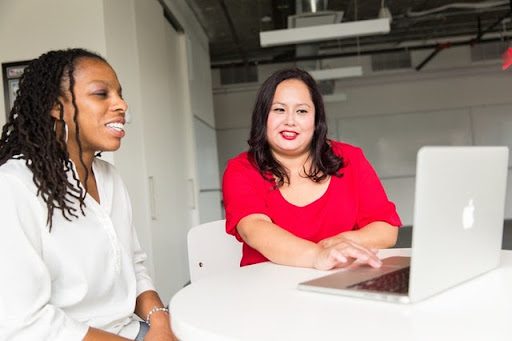Mentorship is an essential aspect of librarianship. Furthermore, mentorship is a way to cultivate a mutually respectful and beneficial relationship with an individual through consistent nurturing, with being vulnerable and honest about various topics. The three types of mentorship that have benefitted my career are formal, informal, and peer to peer. In this blog post, I will discuss these three types of mentorship.
Powered by firsthand experiences, Firsthand offers career seekers unique resources, impactful relationships, and powerful insights so that they can discover their best next step. Learn more here.
Formal Mentorship
Formal mentorship is usually structured and coordinated by an institution or organization. Many institutions see how essential this relationship is for incoming librarians. The mentor can help the mentee with the unwritten rules of the library. Also, they can serve as the point person for important questions that might come up. Lastly, the mentor can introduce the mentee to key people who can help with ensuring their mentee’s success.
Informal Mentorship
Informal mentorship happens when two people decide to have a mentorship relationship. This can be structured, unstructured, and semi-structured. This type of relationship can happen by the mentor or mentee seeking out this type of relationship or by a mutual person connecting these two people. The variety of this relationship can be for a season or a lifetime, depending on the goals of each party.
Peer-to-Peer Mentorship
Peer mentorship is a relationship between two people who are at the same career stage. This can be structured, unstructured, and semi-structured. In my experience, this type of mentorship has led to successful collaborations. In addition, this relationship is a way to celebrate and acknowledge the strengths of a peer. Lastly, this is a way to create a safe space to discuss or understand current trends in librarianship.
Having different types of mentorship relationships at one time, I think, adds to the success of a librarian. This variety can add to the level of expertise that is shared with a mentee. As a mentor and a mentee, I would suggest reflecting on what you are looking for in the mentorship. Also, take the time to understand your strengths and areas for improvement. For instance, if you know that scheduling the next time you meet with your mentee will keep you on track, then do this.
In conclusion, know that sometimes mentorships do not work out and that people are not appropriately paired. When this happens, regroup and try again with someone who can give you what you are looking for in a mentorship relationship. Mentorships are important relationships that take time and energy. When done correctly, it is truly worth it.
Building a career, unlike finding a job, is a lifelong pursuit.
Check out Infobase’s College and Career Readiness Toolkit.
See also:


